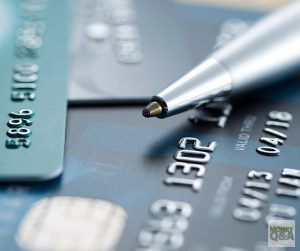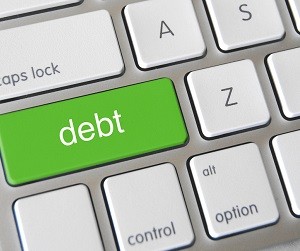 Debit cards are the most popular non-cash transaction method in the U.S., with about 5.1 billion debit cards in circulation and $1.4 trillion in debit card purchases each year. Despite this popularity factor, paying with a debit card is generally a bad idea for many purchases when compared to alternative payment methods.
Debit cards are the most popular non-cash transaction method in the U.S., with about 5.1 billion debit cards in circulation and $1.4 trillion in debit card purchases each year. Despite this popularity factor, paying with a debit card is generally a bad idea for many purchases when compared to alternative payment methods.
Why You Should Avoid Paying with a Debit Card
If you currently rely on debit cards for most of your purchases and orders, then don’t miss these major reasons why you should avoid paying with a debit card:
Legal Protections Against Fraud
According to Nasdaq, 31.8 million American consumers’ credit cards were breached in 2014 and the number of both credit and debit card breaches is supposed to rise 34% from 2014 to 2018. Globally, fraud losses on credit, debit, and prepaid cards hit $16.31 billion in 2014. That number is expected to fluctuate based on the increasing shift towards EMV cards (with chips imbedded in the card to prevent counterfeiting), and new technologies to prevent identity and financial theft.
For the time being, there are laws in place to protect consumers from fraud as much as possible. Most major credit card companies offer theft protection for their cardholders, which include both zero-responsibility policies for fraudulent purchases and email or text alerts when a large purchase is made far from the cardholder’s residence.
Under federal laws, credit cardholders are not liable for more than $50 of fraudulent transactions made on their card (again, many credit card companies don’t even hold you liable for a penny).
The story is somewhat different for debit cardholders, however. Under the Electronic Fund Transfer Act, debit cardholders have to notify their bank within 2 days of noticing a lost or missing debit card, just to qualify for the $50 loss liability limit.
If you notify your bank within a 2-60 day window, then you won’t be liable for more than $500 in fraudulent charges on your card. Waiting longer than 60 days to report the fraud may cost you the entire amount scammed from your account.
Worse still, even if you were to eventually receive a refund, you won’t have access to these funds until the claim investigation concludes.

 Financial stability is a terrifying phrase because it’s something we all aspire to, even if we don’t quite understand how to get there. The phrase calls to mind thoughts of sacrifice, eating ramen, and living paycheck to paycheck while you save every spare penny, but it’s neither that complicated nor that scary.
Financial stability is a terrifying phrase because it’s something we all aspire to, even if we don’t quite understand how to get there. The phrase calls to mind thoughts of sacrifice, eating ramen, and living paycheck to paycheck while you save every spare penny, but it’s neither that complicated nor that scary.
 Should you invest while still in debt? When should you start investing? You may want to start investing despite still being in debt.
Should you invest while still in debt? When should you start investing? You may want to start investing despite still being in debt.